Courses
Overview
Self-reliance. Persistence. Craftsmanship. Knowledge.
These are just a few of the values to be learned through practicing survival skills, but these four form the pillars of our philosophy. As our country is trending, society increasingly wants to break down the individual and teach them that they are helpless on their own.
We are paddling in the opposite direction, teaching kids to overcome the odds and take care of themselves so that they can take care of those around them. For more about our mission, see our About Us page.
Our courses are designed to be taken as a series, with each progressing module building on skills and themes learned in the previous modules. They can, however, be taken individually and we're careful to teach each skill starting with a beginner in mind.
Logistics
Course Locations: Locations vary based on season, weather and module topic but are all within a 45 minute drive of downtown Raleigh. We utilize State Parks, game lands, nature preserves, etc. After registering for a course, we will send you an information packet outlining course location and other important details.
Parent Logistics: At the start of each course, in or near the parking area we will have a sign-in and gathering area where we'll talk about the course and check in with everyone. Payment for the course will be due at this time, cash or check only.
We have years of experience with group management and a focus on safety, but it is important to note that we are not equipped to provide childcare service at this time. If your child will struggle to follow safety instructions, wander away from the group, and otherwise choose not to participate, we can't be responsible for their safety or experience on the course. One parent or guardian is required to tag along at no charge.
Click on a course to learn more
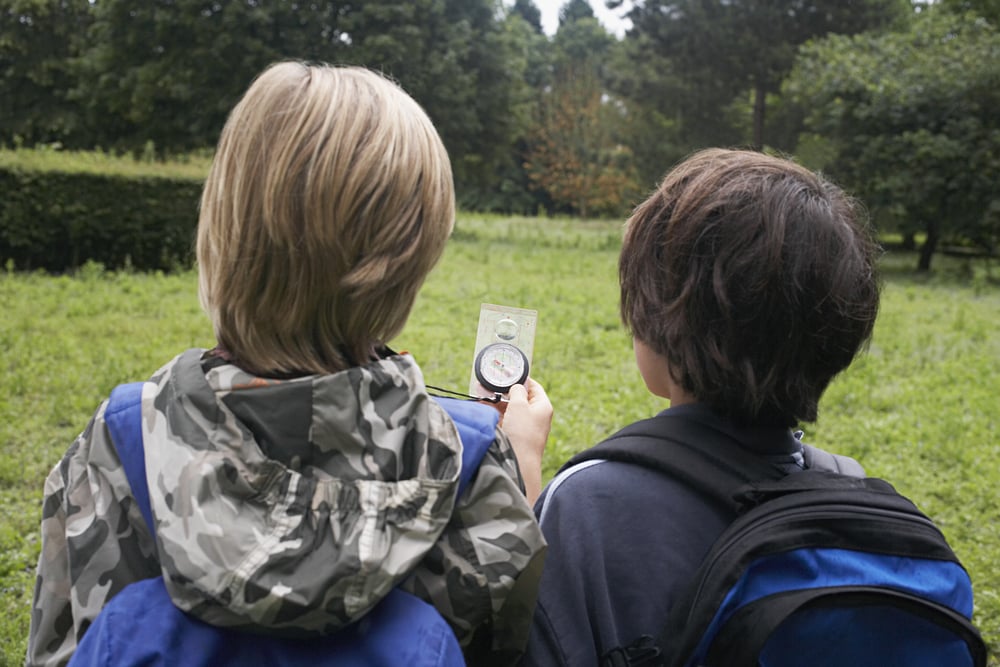
Sign up for our full series of 4 survival courses and give your child a life-changing experience. With the complete series of modules, they can experience the courses in order and learn important survival skills, meet like-minded young people, get out of their comfort zone, and become more self-assured and self-reliant.
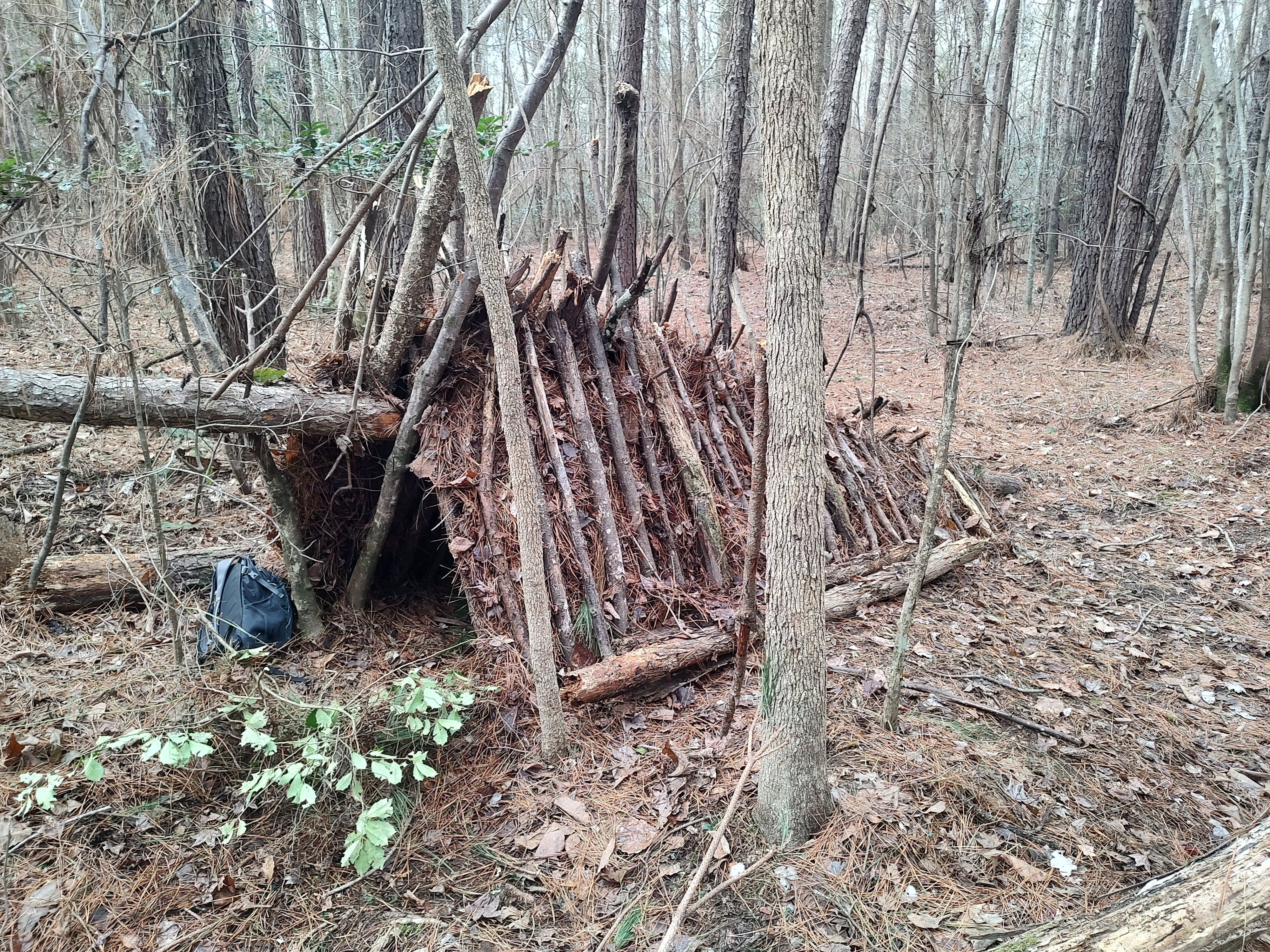
A 4 hour course that will give a comprehensive introduction to building a shelter in the wilderness using no tools and only natural materials on hand. Like all of our courses, the material is designed to be fun and engaging for 10-16 year olds and teach not only the hard skill of shelter building, but also the mindset of self-reliance necessary to face a survival situation.
Includes:
-
How to assess where to build a shelter and what type based on terrain and resources
-
Building a shelter with all natural materials using no tools
-
How to insulate yourself from the cold ground and sleep more comfortably
-
How to make a warm shelter without blankets or fire
-
How to prepare yourself mentally for confronting a survival situation
-
How leadership and camaraderie play a role in staying motivated and therefore staying alive
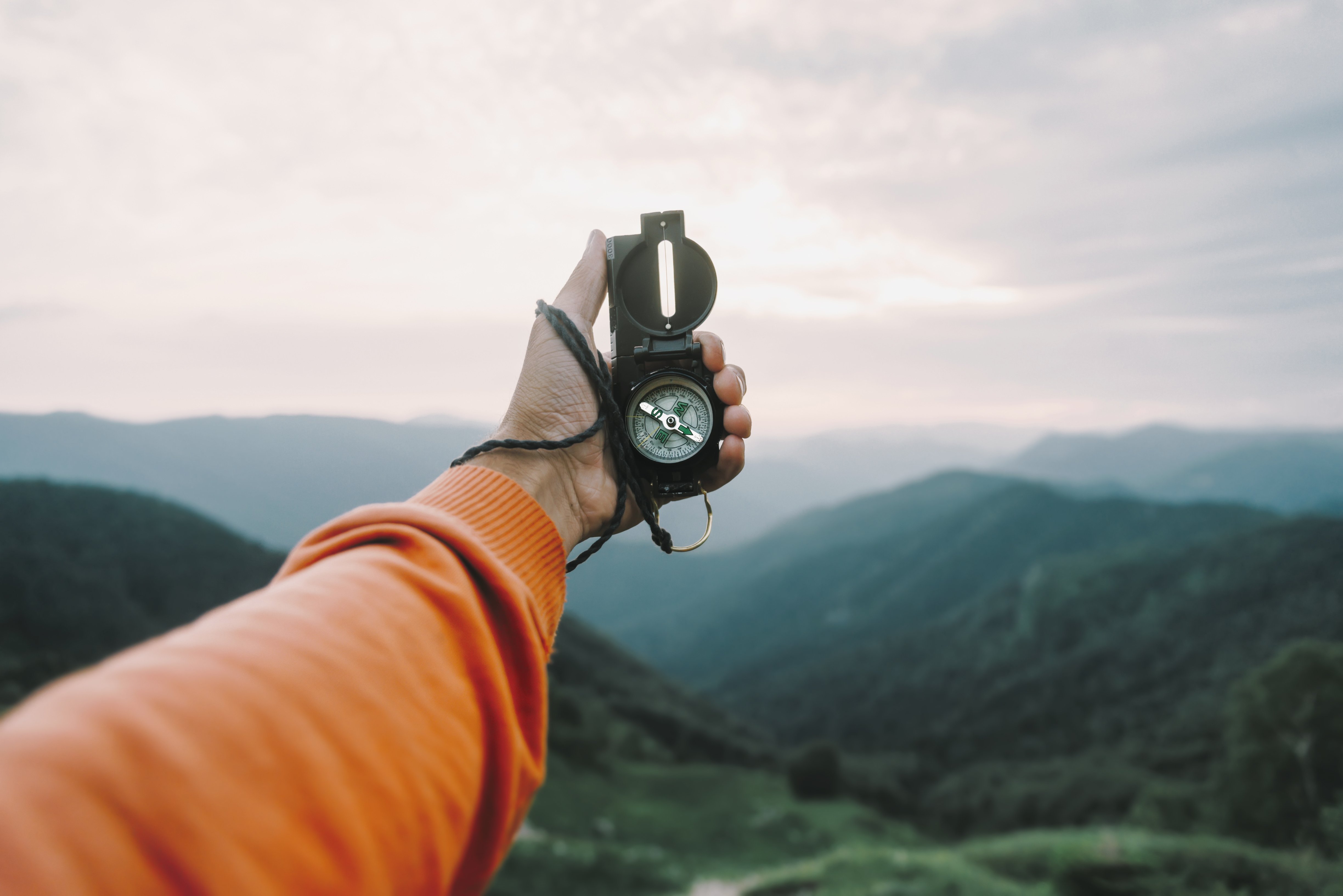
The second module in our series of survival skills teaches how to navigate using a compass. Getting lost is one of the leading causes of survival situations in the wild, and our goal is to arm our students with the knowledge to prevent that situation from occurring, or assist them in making good decisions if they ever do happen to get lost. We practice getting familiar with a compass and how it works, setting bearings, making decisions on what bearings to set, using the sun and other markers as aids if we don't have a compass, and working as a team to travel more safely and accurately on our set course. The theme of this module, Knowledge, emphasizes how knowing principles that aren't obvious or apparent (like the fact that a compass will objectively point North and knowing how to set bearings off that idea) can make all the difference in successfully navigating life and avoiding the pitfalls.
-
Compass basics and how they work
-
Reading compass bearings in degrees and what setting a bearing means
-
Choosing a bearing to get where you want to go
-
Techniques for staying on course and working as a group
-
Finding your leadership style and how you relate to others in a group setting
-
Final Challenge: Treasure hunt using navigation skills
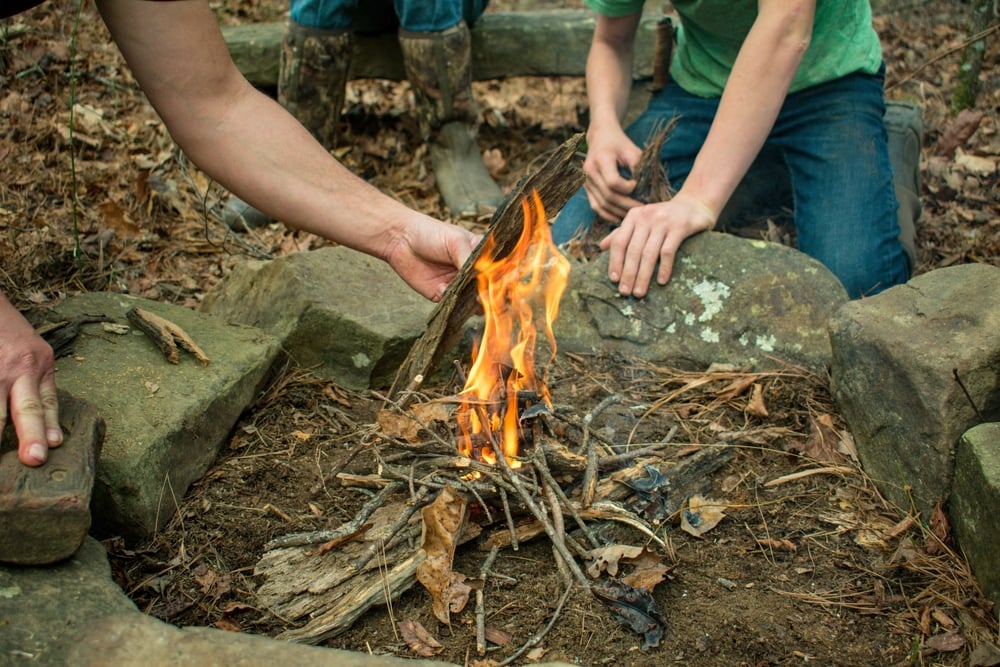
Starting a fire in the wilderness is one of the most important, and also the most difficult, task that a survivalist faces. This module focuses on the the bow drill as the most practical method for achieving a fire. Students will learn how to make their own bow, spindle, fire board, bearing block, and ember catcher, which can be made anywhere using only a knife. We will then practice putting the bow drill sets to use, learning the principles and tricks of successfully starting a friction fire. The sheer difficulty and nuance of this skill reinforces our theme for this module: Persistence in the face of adversity. It is unlikely that students will be able to light a live ember during the course as it takes a lot of practice to become proficient at it. Our goal is to teach them the principles and help them achieve heat and smoke so that they know it's possible, and then send them home with their bow drill set to practice (and persist) until they achieve success.
Theme: Resilience; Persistence Through Failure
Length: 3-4 Hours
Location: Raleigh, NC area
Cost: $50
Includes:
-
Basics of fire building - constructing a fire structure that allows oxygen flow
-
Finding and making tinder bundles that are dry and catch easily
-
Making a bow drill set consisting of bow, spindle, fireboard, bearing block with only a knife
-
Using a bow drill with proper technique - every student should at minimum produce smoke during the lesson
-
Using other fire starting techniques
-
The value of persistence in overcoming obstacles that at first can seem impossible
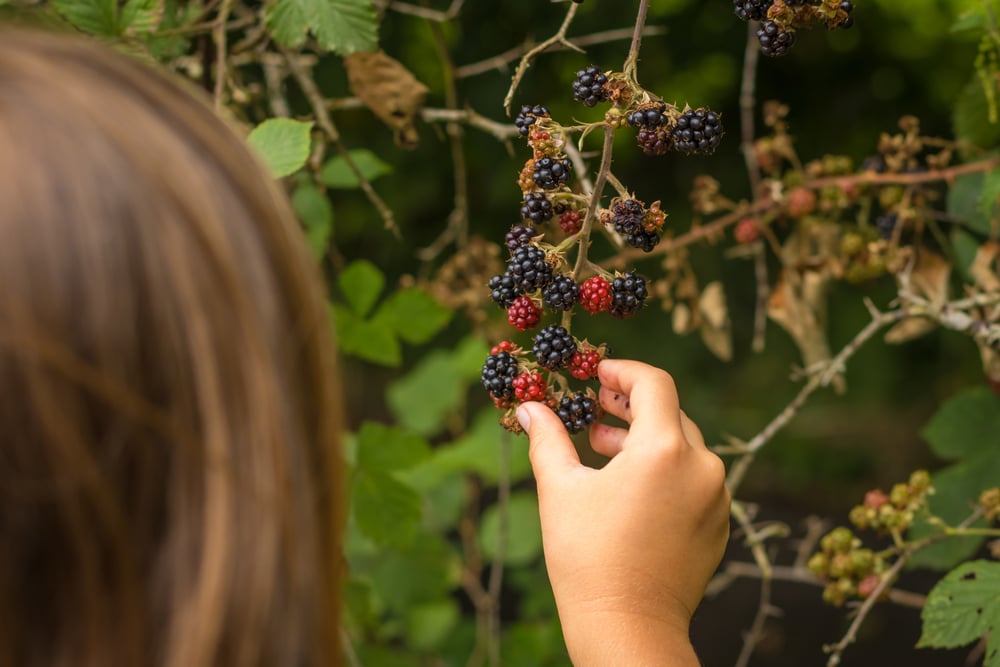
In this module we will first focus on one of the most important aspects of survival - staying hydrated. We'll look at several different ways to achieve clean, drinkable water and how to make good decisions about what water is safe to drink and what isn't. We will then move on to finding food, discussing and practicing several methods that focus on finding sources of protein and nutrience. Our theme in this module is Craftsmanship, and we focus on taking pride in our work and doing it right in order to achieve success - for example, a poorly made fishhook will break just when we have a much needed meal on the line, or a shoddy water treatment system could get us sick and make our survival situation much worse.
Theme: Craftsmanship; taking pride in the quality of your work as a path to success
Length: 3-4 Hours
Location: Raleigh, NC area
Cost: $50
Includes:
-
Treating & purifying water
-
Foraging for food according to season
-
Focusing on high-protein sources
-
Making a fish trap
-
Making small animal traps
-
Eating bugs?!
-
Taking time to prepare to avoid getting sick

